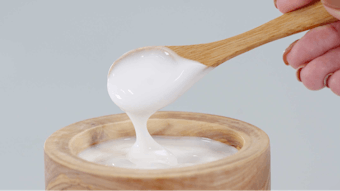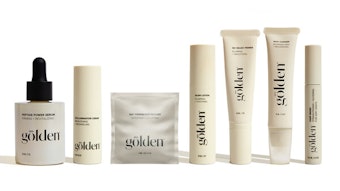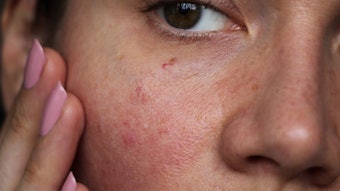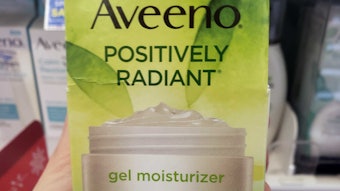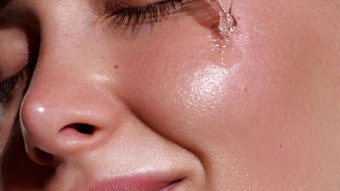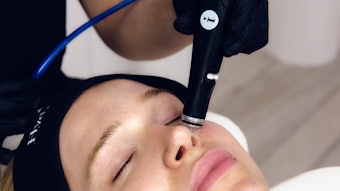Formulators increasingly look to raw materials suppliers for demonstrations of efficacy, safety and functionality of new ingredients, such as peptides. Sellers of finished formulated products also need ingredient information to convince consumers and differentiate brands. This column looks at skin care products sold in spas and doctors’ offices and asks if the sellers of those products are getting all the ingredient information they need.
Kline & Company’s recently released 2006 study of the professional skin care market reports a sixth consecutive year of double-digit growth, as well as a shift in distribution, with physicians and spa professionals facing stiff competition from retail channels, including some chain drug stores and other mass merchandisers. This retail competition has both physicians and spas increasingly looking to product marketers for help in holding on to their share of this booming market, according to Kline & Company, an international management consulting and market research firm.
“Almost all of the 300 dermatologists, plastic surgeons, and spa managers interviewed for the study said they wanted to see more in the way of providing product samples, training, and educational materials to help them sell the products,” said Carrie Mellage, industry manager for the consumer products practice of Kline’s research division.
“More than 80% of both spas and physicians surveyed consider product samples the best form of support, but there seems to be a gap in marketers meeting that request,” Mellage said. “In terms of training, brands like Dermalogica and Obagi are well known for their educational programs, but will that be enough?”
Kline’s 2006 study is available by subscription only, but the firm did provide some excerpts from the previous year’s report, which shows that professional skin care sales accounted for 12% of the $42 billion global skin care market in 2005; nearly 72% of those global sales were in Europe. Figure 1 shows the 2005 spectrum of professional skin care brands in Europe and the United States, as depicted in the earlier Kline study.
The full version of this article is available in the April 2007 issue of Cosmetics & Toiletries magazine.
Editor's Note: This article features interviews with experts on nonmedical products sold in spas and doctors' offices. Each of these interviews will be separately featured in their entirety online. To view the full interview with Michael Gold, MD, medical director of the Gold Skin Care Center, the Tennessee Clinical Research Center, The Laser & Rejuvenation Center and the Advanced Aesthetics Medi-Spa Clinical adjunct assistant professor at Vanderbilt University Medical School in Nashville, Tenn., USA, CLICK HERE.

